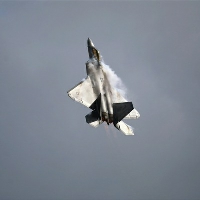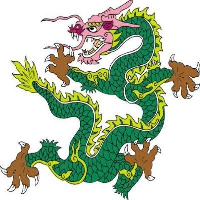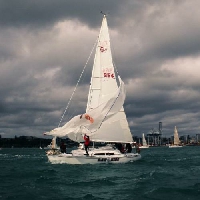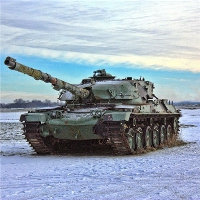Can a junior economist be admitted by self-study? Do you need to register for classes? This is probably the question every junior economist candidate has considered. In fact, both self-study and class registration are inseparable from their own efforts. The main purpose of both is to pass the exam. The choice is not important, the important thing is whether you have made efforts.
Comparison between self-study and class reporting of junior economists
| advantage | inferiority |
| self-taught | ① Self study for examination can exercise the habit of active learning and improve self-study ability; ② You can arrange learning time and make learning plans by yourself, which is flexible; ③ Save money. | ① The learning process is longer and more difficult, and the requirements for the examinee's own ability are higher; ② Without supervision, it is easy to have problems with incomplete plans and weak focus; ③ Poor self-control, learning is not good. |
| Report for duty | ① Online courses are flexible in time and place, and can be reported and learned at any time; ② You can listen to classes repeatedly and learn in a variety of ways; ③ Save time and effort to improve learning efficiency; ④ The learning content is more systematic and comprehensive. | ① Some online courses cost more; ② Some online courses have appropriate prices, but lack interaction and service. |
Suggestions for junior economists to prepare themselves for the exam
1. Suggestions for zero foundation candidates
This kind of examinee has no contact with economic knowledge, does not know where to start learning, learning has no direction. Therefore, learning lacks planning, and when encountering problems, they don't know how to solve them, resulting in great learning pressure. In the first year, the zero foundation examinees will take the basic economist exam. Basic Economic Knowledge is a must, which is the basis of most courses. After learning Basic Economic Knowledge, it depends on your own time, and you can also learn Professional Knowledge and Practice.
2. On the job candidates' application suggestions
This kind of examinee has relatively less and irregular learning time. It is suggested that such examinees should spend some sufficient time to study new courses in depth, and then use spare time to review, enhance memory, or do some exercises to review what they have learned as soon as possible. You can apply for the exam according to your major and industry. For example, you can apply for the exam of business economist in the business administration industry. As on-the-job examinees have relatively little time to study, combining their majors, industries and interests will greatly help prepare for the economist exam and reduce the time cost.
3. Suggestions for college examinees
This kind of examinee has enough study time, and should make a study plan according to their own actual situation, and study step by step. Once a plan has been made, we must stick to it. According to the knowledge points in the textbook, we should pay attention to combing, summarizing and integrating, and integrate books, lessons and topics according to our own conditions. If you are a sophomore or junior, you have heavy homework and insufficient study time. It is recommended that you apply for a major with relatively low difficulty, such as business administration. If you are a freshman with relatively low pressure, you can try to apply for a major with higher difficulty.










